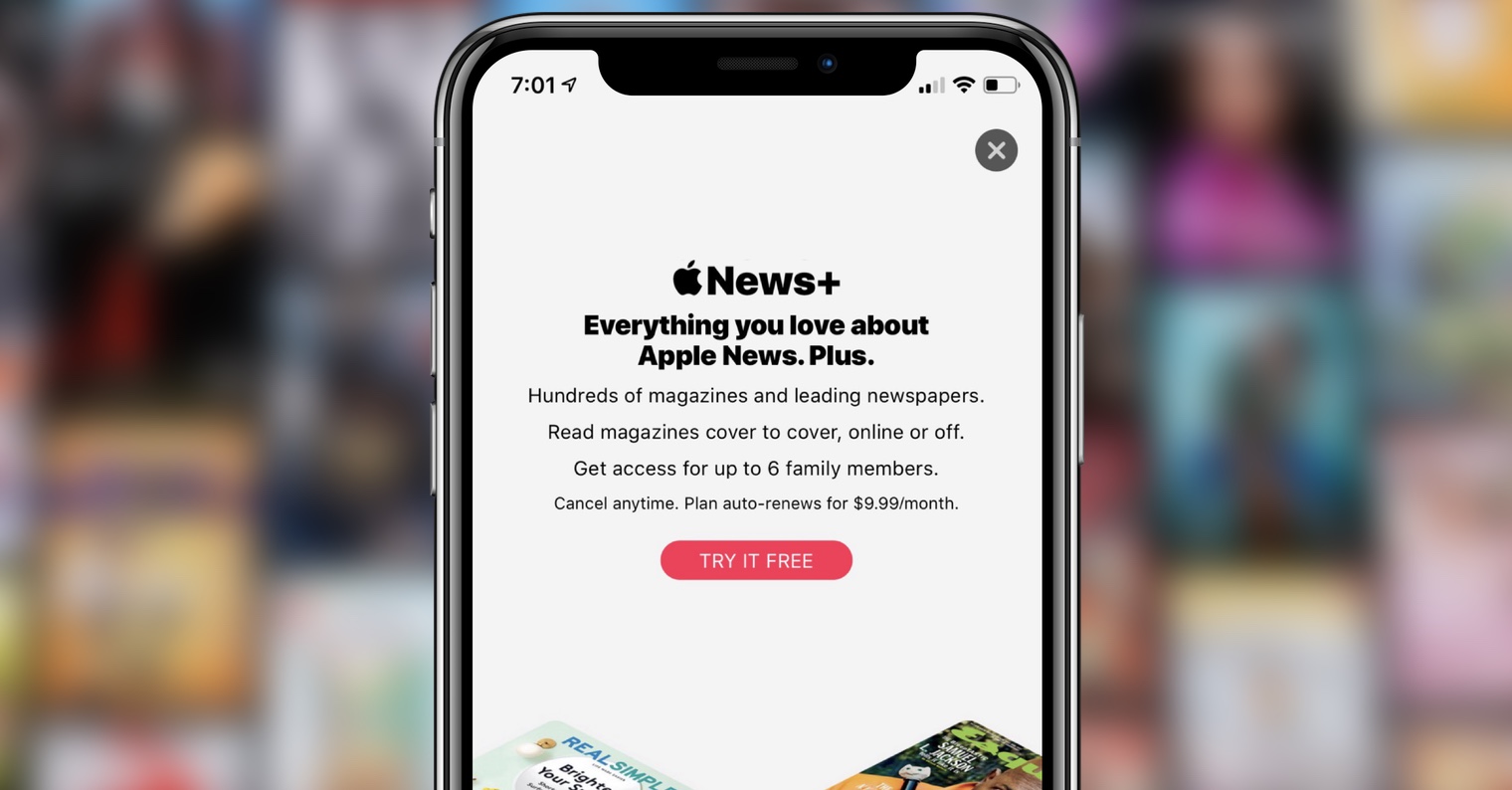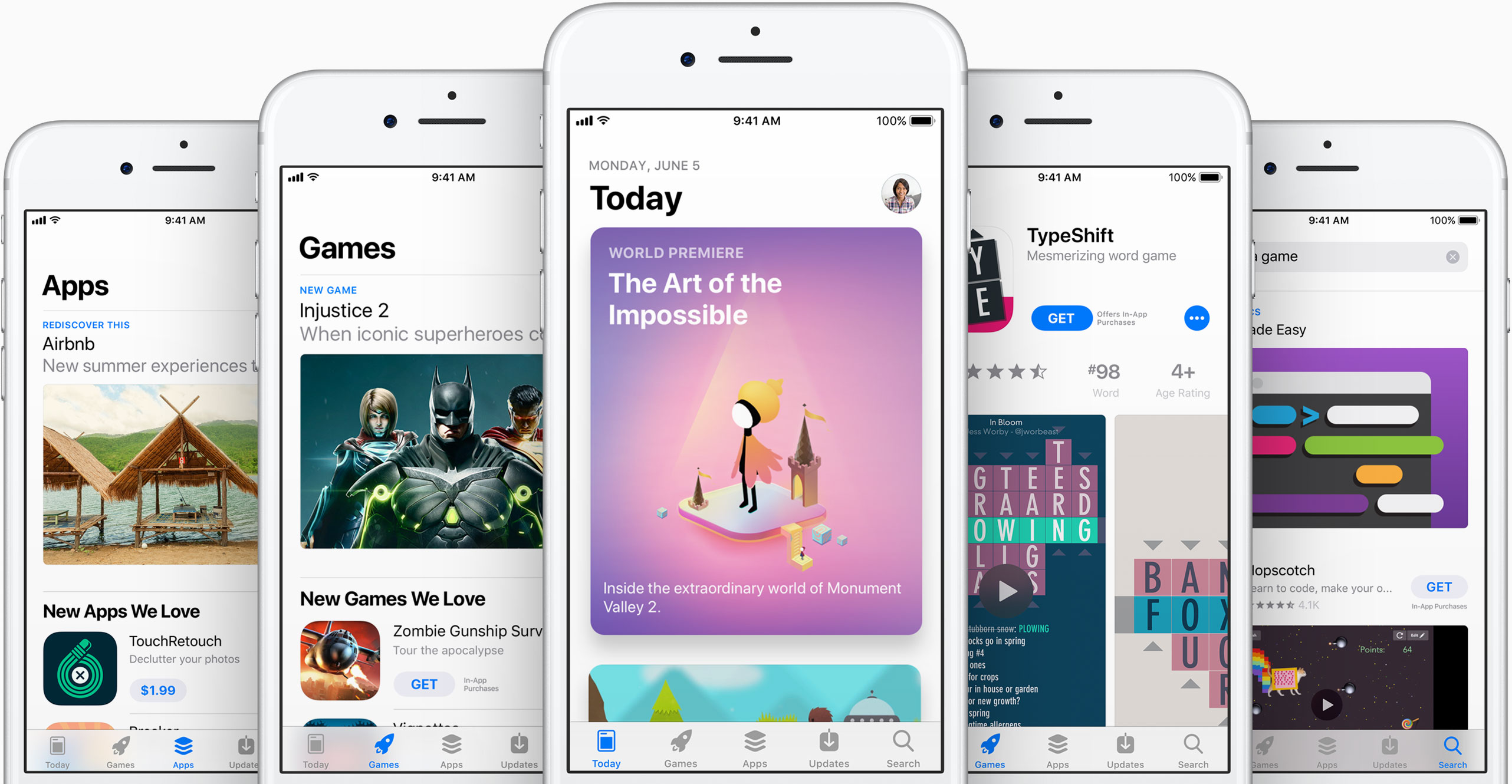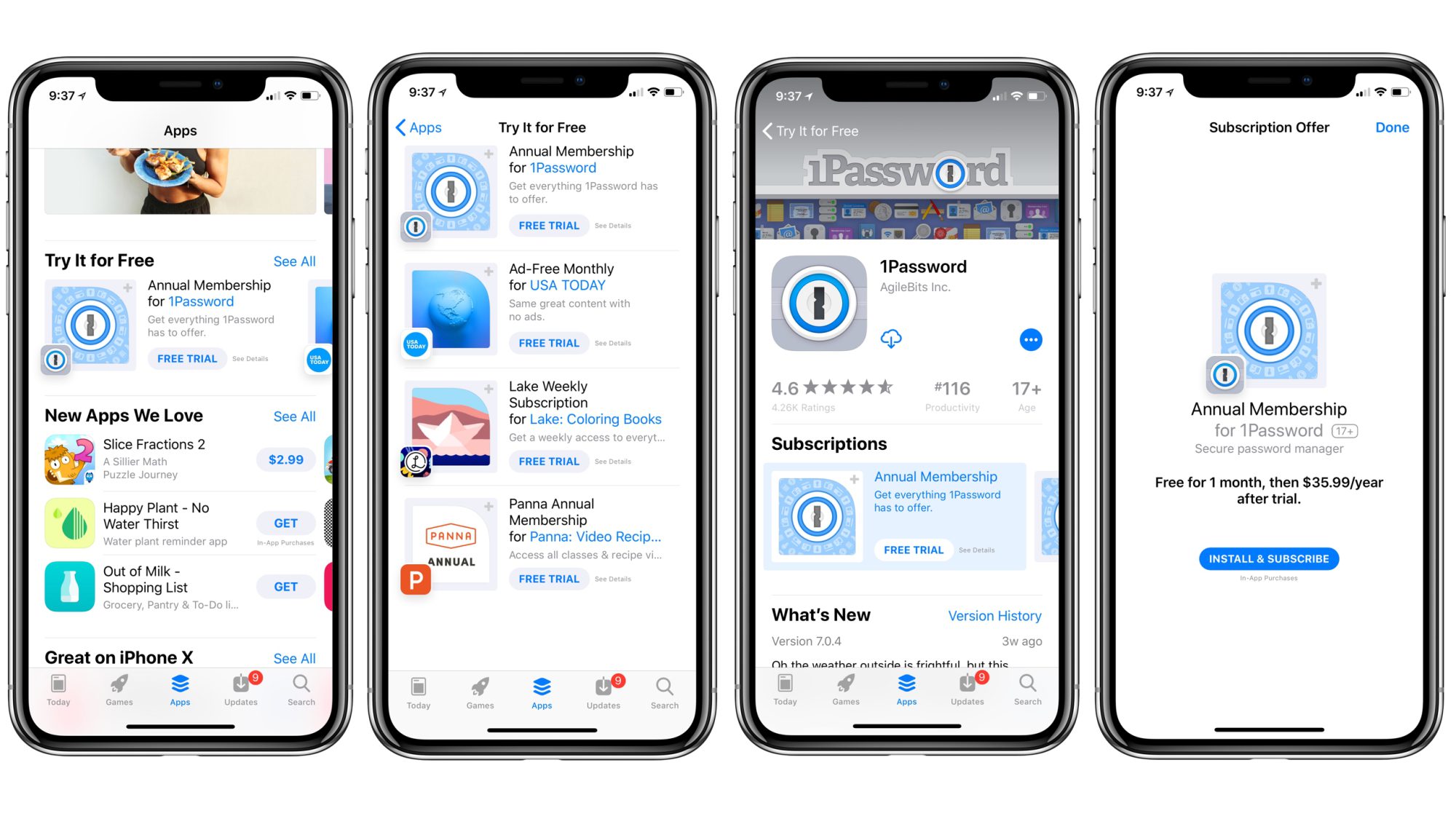Bloomberg's Mark Gurman interviewed Phillip Shoemaker this week, who from 2009-2016 led the team responsible for approving apps for the App Store. The interview brings the public closer not only to the history and the entire approval process, but also to Shoemaker's opinion on the current form of the App Store, the competition between applications and other interesting topics.
In the early days of the App Store, the app review team consisted of three people. In order to reduce the assessment time, it was eventually reduced to one person and supplemented with some automated tools, even though the head of marketing, Phil Schiller, initially resisted automation in this direction. He wanted to prevent faulty or otherwise problematic applications from entering the App Store. However, Shoemaker claims that despite this effort, applications of this type are still found in the App Store.
As the number of applications grew, the responsible team needed to be greatly expanded. Every morning, its members selected between thirty and one hundred applications, which were then carefully tested on Mac, iPhone and iPad. Team members worked in small conference rooms, and it was a job that Shoemaker said required long hours of focus and effort. Currently, the spaces in which the team works are a bit more open, and mutual cooperation is closer.
It was important to the team that all applications were judged equally, regardless of whether they came from a big-name studio or from smaller, independent developers. Somewhat surprisingly, Shoemaker states that one of the worst-programmed apps of its time was Facebook. He also revealed that while in the past Apple never competed with third-party developers with its own apps, things have changed since then. "I'm really worried about this competitive fight," Shoemaker admitted.
It could be interest you

In addition to approving applications, Shoemaker also had to reject many during his tenure. According to his own words, it was not exactly the easiest job. He confided to Bloomberg that he couldn't get over the fact that by rejecting the app he had negatively affected the earnings of its developers. "It broke my heart every time I had to do it," he confided.
The entire conversation is in the form of podcast available online and we definitely recommend it for your attention.

Source: Bloomberg



Well, a week ago I had to uninstall the iCloud app from my PC because it was using up my laptop's CPU at 20% all the time (normally it's 6%). iTunes crashed my windows when uninstalling. I was uninstalling them because the iPhone backup ended up with an error 52. So being Apple, I'd take my word for it... and it's not just my opinion... google the top 10 worst programs and you'll find Both QuickTime, iTunes, and Safari. I guess so.